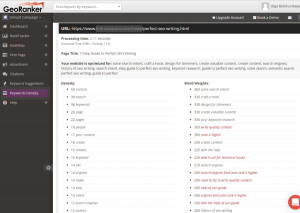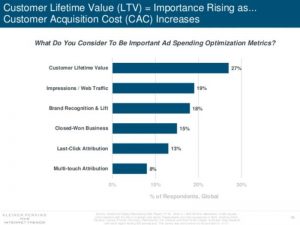I am sure you have heard this many times: “never use a do-not-reply email address when sending an outbound email campaign.” I recently received the “do-not-reply” treatment when I took my mobile device to a large mobile service provider to have it fixed. They pride themselves on their service and even have an elaborate system that enables them to update you on the progress via text and email. It sounds like a great idea on paper, but texting me updates is useless, as they have my phone! So, I was relying on the emails. Unfortunately, they were sent from a do-not reply email address and the last message was three days ago. How do I contact them now?
Managing inbound emails requires a big investment, or not…
You don’t need an expensive call center solution or teams of agents on duty, just in case you have an influx of responses. You need a solution that will help close the communication loop on your email campaigns by allowing you to do the following:
Respond quickly: This is vital, as it provides assurance that a query will be dealt with. Set up auto- responders to customers’ emails that say: “Thanks for your interest in xyz campaign – an agent will respond to your email in the next x time.” Then make sure you are able to meet that commitment.
responders to customers’ emails that say: “Thanks for your interest in xyz campaign – an agent will respond to your email in the next x time.” Then make sure you are able to meet that commitment.
Share the love: Assign emails to queues and share these queues amongst multiple staff members/agents. If an agent cannot answer a query, it can be assigned to another queue – i.e. send it to a technical department or specialist to help answer specific questions.
Templatize: Set up standard responses to frequently asked questions. This allows the agent to select the right template and attachment instead of composing their own emails every time. It reduces the risk of incorrect information being provided and allows you to control brand usage and tone.
 Keep track: There’s nothing worse than not getting a response. You must be able to set up escalation procedures per queue to make sure that customers get answers to their queries within a certain time frame. You also need the ability to escalate that all important query if it is not actioned within the promised period of time.
Keep track: There’s nothing worse than not getting a response. You must be able to set up escalation procedures per queue to make sure that customers get answers to their queries within a certain time frame. You also need the ability to escalate that all important query if it is not actioned within the promised period of time.
Report: To better respond and manage your future campaigns, you must review reports on all of your inbound queries, including such information as agent efficiency, resolution times and number of escalations.
Digital & Social Articles on Business 2 Community(74)
Report Post








